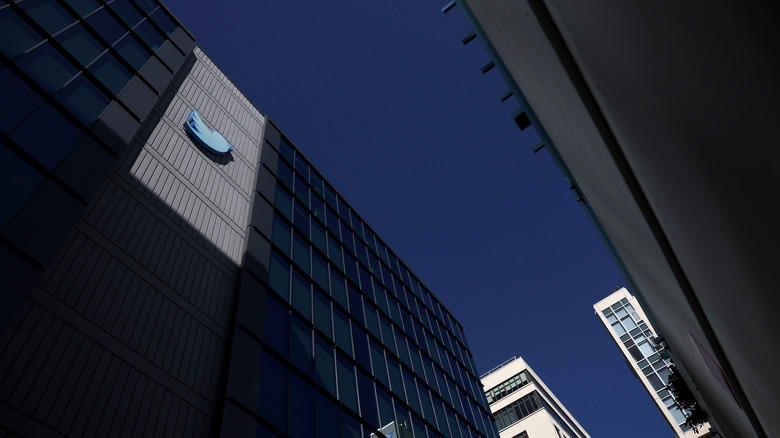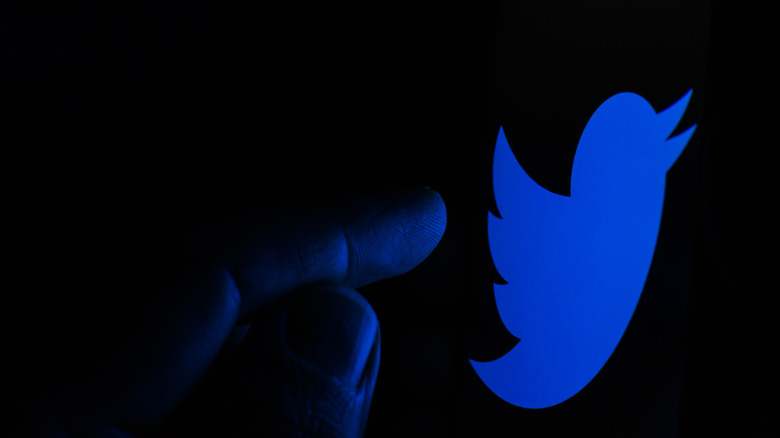Twitter Has Lost Two Major Ad Brands After A Tumultuous Week
It's no surprise that Elon Musk's acquisition of Twitter has been messy. Ironically, the biggest problem Twitter has might well be what prompted Musk to buy the outlet in the first place: freedom of expression. While he has made a relentless attempt to brand himself as a champion of free speech, he has not been forthcoming about what he thinks "free speech" actually means.
Even while polling whether free speech or "political correctness" should guide Twitter's future, Musk banned thousands of Twitter users whose speech he didn't like. His plan for a content moderation council to review bans in place from before his tenure also seems to be less substance than show. Twitter Trust and Safety head Yoel Roth's valiant attempt to explain Twitter's new content rules doesn't even mention the project:
Here are the facts about where Twitter’s Trust & Safety and moderation capacity stands today:
tl;dr: While we said goodbye to incredibly talented friends and colleagues yesterday, our core moderation capabilities remain in place.
— Yoel Roth (@yoyoel) November 4, 2022
In short, with the possible exception of Elon Musk himself, nobody has the slightest idea what they're allowed to say on Twitter anymore. With that kind of uncertainty, it's no surprise major brands are pausing spend on the platform. GM has already tapped out, as have General Mills, Pfizer, and Volkswagen Group. Major ad agencies Havas, Interpublic Group, and IPG are also advising their clients to pause Twitter ads.
Per AdWeek, two of Twitter's major ad clients will be doing the same.
Private meetings fail to calm public-facing chaos
AdWeek's sources stand out among the Twitter exodus, because Musk arranged a series of private meetings to keep them on the platform. It didn't work, but they chose to remain anonymous. One of the companies in question is a major producer of consumer-packaged goods (defined via Investopedia), while another chose to remain anonymous beyond being a long-term customer of ad space on Twitter.
Sources agreed that their clients' primary problem with Twitter is a lack of clarity. A representative at the CPG company described Musk as "all over the place" in their meeting and unable to deliver clear, concise answers to pressing questions. Other sources noted that Musk was "actively listening to concerns of agency leadership about brand safety and what that means for the clients," but qualified the statement, saying "we're looking for signal in a lot of noise."
That lack of clarity has in many ways been the primary takeaway from Musk's first week as Twitter owner and CEO. He seems to have arrived at Twitter with many of ideas but no actual strategy. So long as that's the case, advertisers and other Twitter stakeholders, including ordinary users, will likely continue to distance themselves from the platform.

